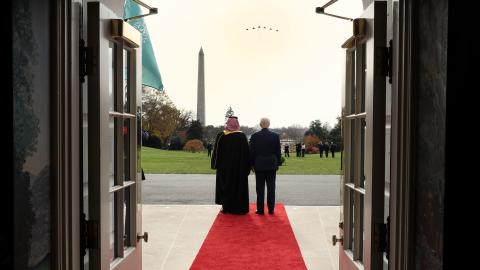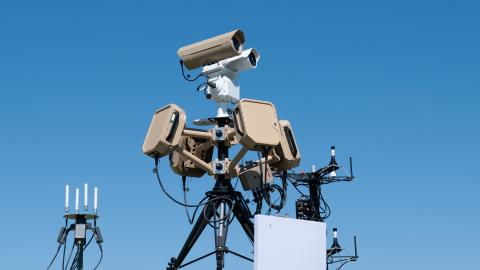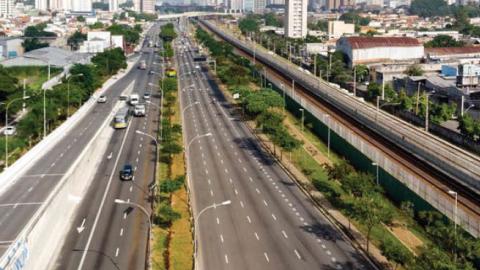As Covid-19 continues to disrupt the world economic and political order, the global climate-change movement faces a choice: Learn the lessons of the pandemic or fail.
On the one hand, the lockdowns in response to Covid-19 led to the sharpest reduction in emissions on record, with 2020 global CO2 emissions projected to fall by nearly 8% compared with 2019, according to the International Energy Agency. According to the United Nations Environment Program, that tracks almost exactly with what’s needed. UNEP estimates that emissions will need to fall by 7.6% year after year from 2020 through 2030 if the world is to have any chance of keeping the average temperature from rising more than 1.5 degrees Celsius.
As environmentalist group Extinction Rebellion co-founder Clare Farrell wrote in April, “the things we were told we simply can’t change when we were on the streets last year are perfectly possible (necessary!) to change if we decide to prioritise. Coronavirus is showing us what’s possible, at least.”
Read the full article in the Wall Street Journal

















